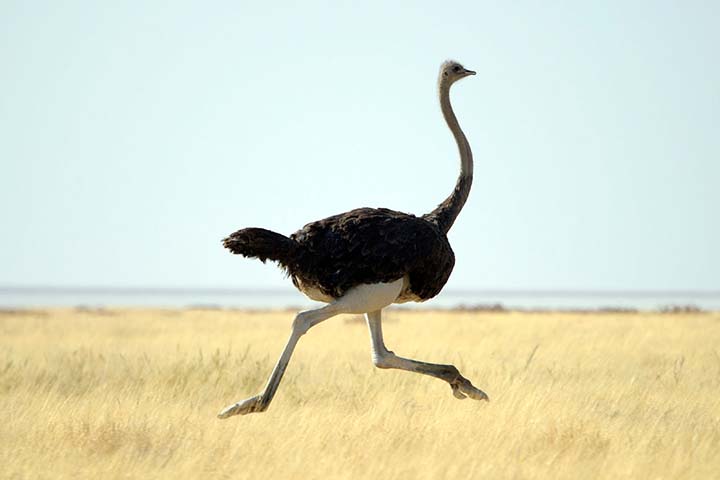Results
True or False Quiz #5
Brought to you by Kendriya Vidyalaya Adoor Library
Well done, guest! You deserve a trophy!
Reload quiz

True or False Quiz #5
Brought to you by Kendriya Vidyalaya Adoor Library
Nice try, guest. Why don't you take the quiz again?
Reload quiz


#1. Ostriches stick their heads into the ground when threatened.
However, this myth did have an origin in ostrich behavior. Ostriches will lay down flat to play dead if they feel they can’t win the fight, this combined with their lightly colored head and neck makes it look as if they ostrich has buried its head into the earth.

#2. Reptiles don't yawn.

#3. The dog star is the brightest star in the night sky.

#4. A duck’s quack does not echo.
Many reasons can contribute to creating an echo in the wild. A duck needs to have a large surface far enough away to reflect off of and the strength behind its quack to reach said surface and make it back to your ears at a volume that is loud enough for our ears to hear. A sudden change in volume is easier to hear than the way that a duck quacks – a fading in of volume and fading out of volume over the entire sound.

#5. India is the country with the least number of wild tigers.

#6. "Dreamt" is the only English word that ends with the letters "mt".

#7. An apple a day keeps the doctor away.
So go ahead and get that flu shot, even if you eat apples.

#8. Brain uses 20% of oxygen breathed.

#9. A snow leopard's roar can be heard for miles.



Super
I can gain 8/10
Nice
I really enjoy it
Answers!